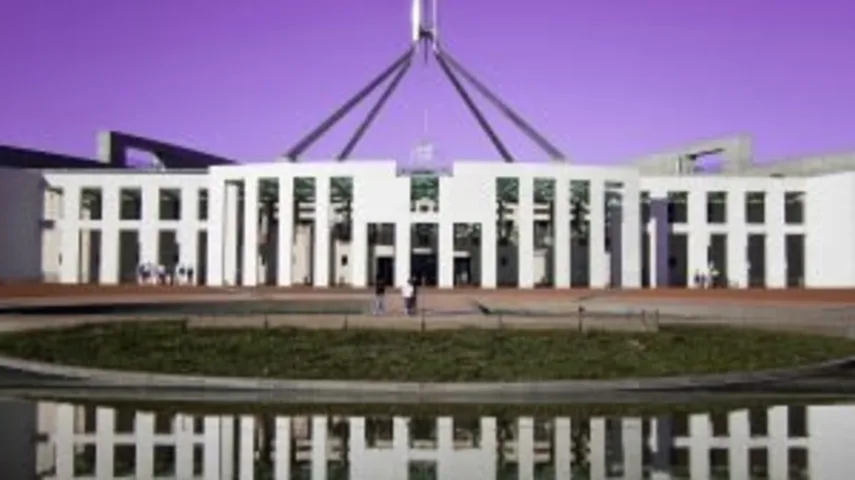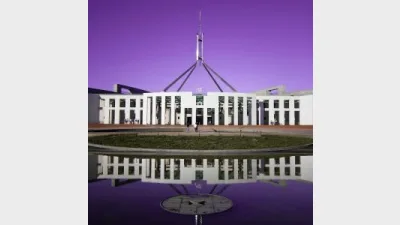Government-run super fund a ‘dud’ idea



Industry Super Australia (ISA) thinks a proposed government-run super fund would be rife for pork-barrelling and will “dud” workers out of thousands of dollars.
Its modelling showed that a 30-year-old worker in such a government-run fund would pay exorbitant fees, earn lower investment returns and end up $126,000 worse off at retirement compared with being in a top-performing industry fund.
“This plan would funnel millions of Australian workers into an expensive and poor performing government-controlled super fund – all so politicians can get their hands on people’s money,” ISA chief executive, Bernie Dean, said.
Earlier this year, Liberal senator Andrew Bragg reignited the national fund debate when he said the Government should “take its responsibilities more seriously” by making the Future Fund the default fund.
If the government-run fund was to go ahead, new workers would be entered into it by default unless they opted to join a different fund.
ISA said their modelling reinforced earlier evidence from the Productivity Commission (PC) that a government-run super fund would be prone to political interference and riddled with conflicts of interest.
“With almost unchecked power to spend workers’ savings, [the Government] could find it hard to resist ladling out money for pork barrels in marginal seats, all for the purpose of chasing votes rather than good investment returns,” ISA said.
According to ISA, political ideology could also trump the financial interest of members especially when a government makes itself the investment officer, trustee, owner, regulator and supervisor.
The ISA supported the PC’s earlier research which found internationally government-run super funds invested conservatively as few governments could withstand the political risk of negative returns during market downturns, leading to less money at retirement and more pressure on the Aged Pension.
“And if the government-fund delivered lousy investment returns the taxpayer would be expected to bail it out – which combined with the higher pensions costs is a recipe for higher taxes,” ISA said.
Recommended for you
Australia’s largest super funds have deepened private markets exposure, scaled internal investment capability, and balanced liquidity as competition and consolidation intensify.
The ATO has revealed nearly $19 billion in lost and unclaimed super, urging over 7 million Australians to reclaim their savings.
The industry super fund has launched a new digital experience designed to make retirement preparation simpler and more personalised for its members.
A hold in the cash rate during the upcoming November monetary policy meeting appears to now be a certainty off the back of skyrocketing inflation during the September quarter.









